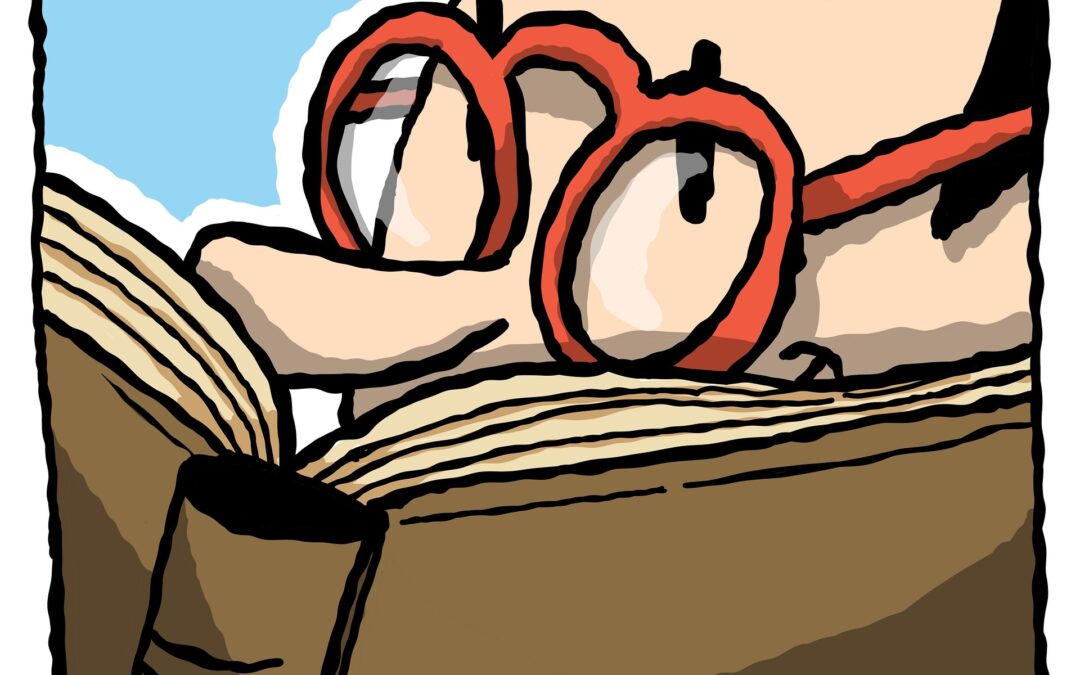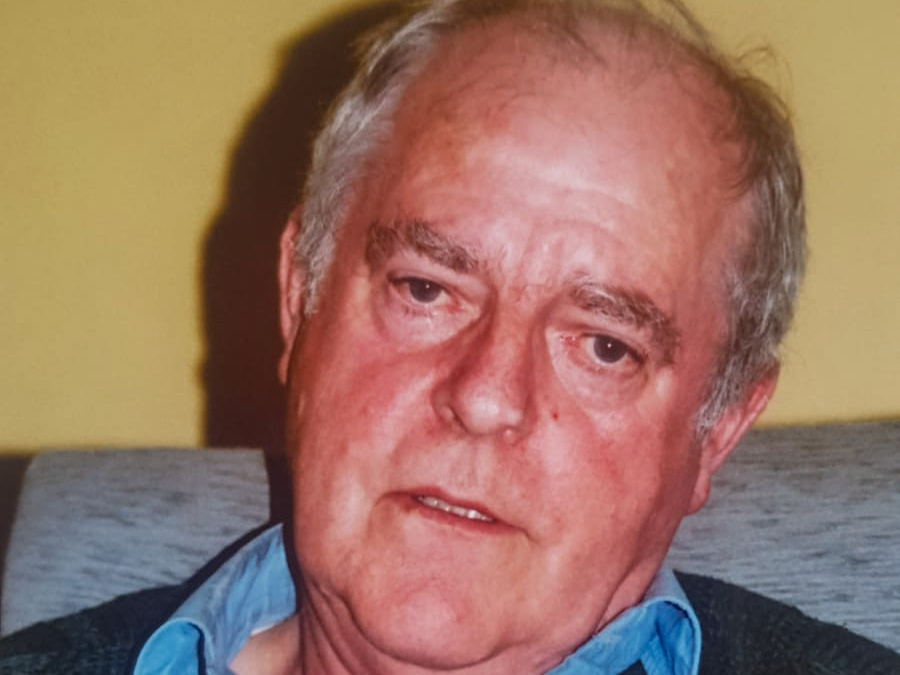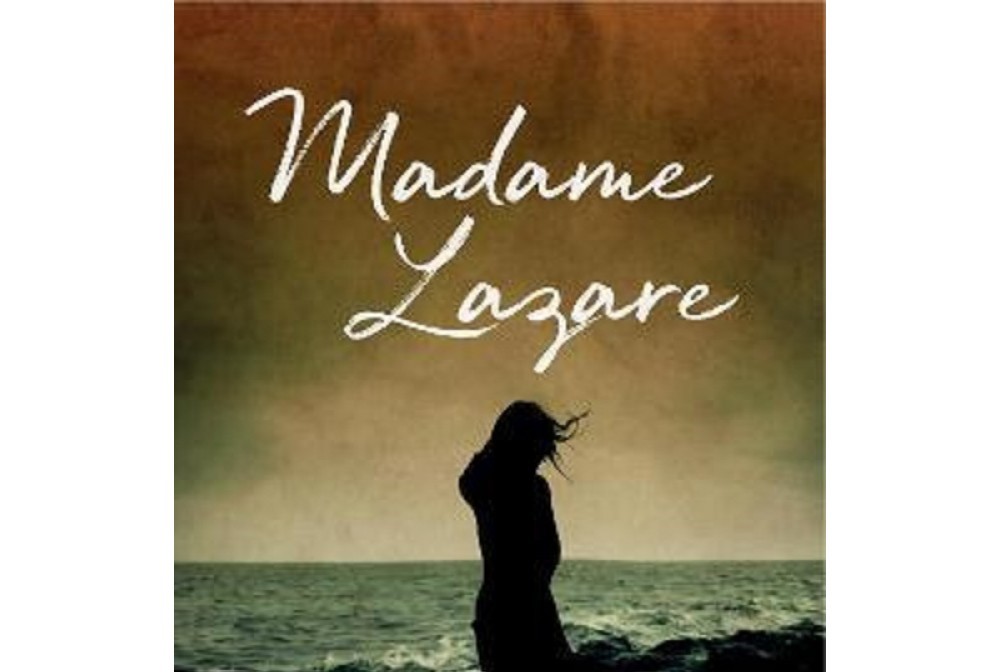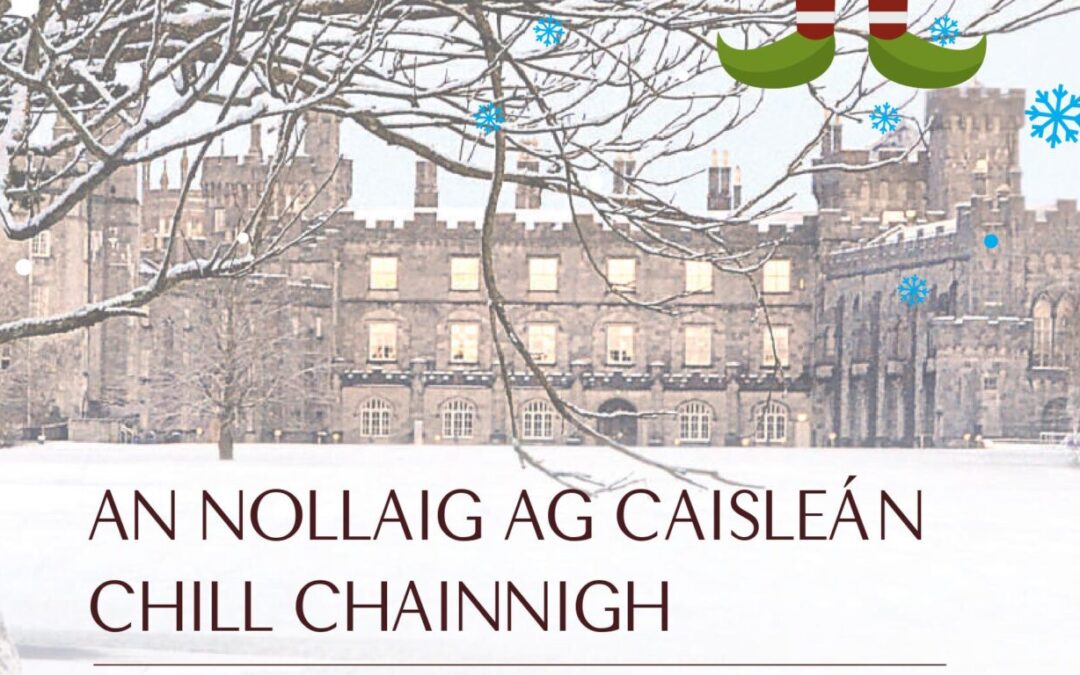
Poetry Reading
Poetry Reading
I recently attended a poetry class that I really enjoyed. We had to read our poems out loud in class, and then the other students had the opportunity to share feedback with the author. In this way, we were all learning in two main ways. Firstly, we heard the poems that other people in the class had composed, which was very interesting. Secondly, we received feedback on our own poems, and with that information, we were able to improve the poems. At the end of the course, an open poetry reading was organised for us, which everyone was welcome to attend. I read three poems in English at the event, and I read an introduction to each of them, to put them in context. I have an English and an Irish version of two of the poems, since they relate to Ireland. The other one (the third one) is in English only. Here are the three introductions and the poems associated with them, translated into Irish (except for the third poem itself).
- 1. The powerful influence of our parents on us.
Our parents have a great influence on us in our early years. I didn’t really understand that until recently. This is just one example of that influence. My father wrote and my mother read every chance they got, every day, when I was growing up. I have enjoyed writing and reading throughout my life and they are very important to me. Every chance I get, I write or read. I now understand very well that this was no accident but was a consequence of the home environment I had, thanks to my parents. This poem is a tribute to them.Our parents have a great influence on us in our early years. I didn’t really understand that until recently. This is just one example of that influence. My father wrote and my mother read every chance they got, every day, when I was growing up. I have enjoyed writing and reading throughout my life and they are very important to me. Every chance I get, I write or read. I now understand very well that this was no accident but was a consequence of the home environment I had, thanks to my parents. This poem is a tribute to them.
Scríobhaim
Daid ag cnagadh ar a shean-Olivetti,
A eochairbhuillí mar bhuillí croí ár n-óige.
Gach ciúnas agus boladh Tippex
mar shioncóipiú sa cheol cúlra-
ceol deasghnátha an tsaoil.
Sna sosanna gearra ina lá fada –
físeanna leabharlann-spreagtha ag Mam,
faoi dhomhan nís cineálta, nís gile.
Ón ithir thorthúil chruthaitheach seo,
D’fhás peann i mo lámha óga díograiseacha.
Bhínn ag scríobh, ag scríobh, ag scríobh,
go dtí gur lean foirm feidhm,
agus sa deireadh thiar thall –
nochtadh an scríbhneoir ionam.
I Write
Tapping away on his old Olivetti,
Dad’s keystrokes were the heartbeat of our childhood,
with silences and Tippex smells
syncopating the background music
of our mundane life rituals.
Mum fed the short breaks in her long day
with library-fueled visions
of a kinder, grander world.
From this fertile, dream-fed soil
sprouted a pen in my eager young hands.
I wrote and wrote and wrote until
form followed function
and parchment revealed
the writer inside.
- The beauty of nature and culture in the Glen Cholm Cille area.
According to tradition, Colmcille built a church in Glencolmcille in the 6th century. This valley is located in a remote area in the north-west of Ireland in County Donegal. The valley slopes down, through rolling countryside, to the Atlantic Ocean. Then, the rugged coastline stretches north and south. To the north, at Sliabh Liag, there are 2,000-foot-high sea cliffs. Glencolmcille is in the Gaeltacht, and our native language is commonly heard spoken there. As such, the area is steeped in traditional Irish culture. I personally feel that this special valley is a wonderful blend of landscape and culture. The poem is a tribute and, in a way, a prayer to this picturesque and historic valley. The poem describes the scene and its effect on me when I first saw the glen on a beautiful summer day, as we entered at the top of the glen and drove down to the coast.
Gleann Cholm Cille
Glasghoirt cuilteáilte úra ag cur thar maoil,
loig is mullaigh scuabtha síos dorchla caol,
ag sleamhnú trí chraos an ghleanna go mín,
stróicthe as a chéile gan rabhadh ag an Muirlín.
Talamh Naofa ina néal-lámha faoi dheireadh,
Spíonta, géilleann sí go do ghaineamh geal na mara.
Glencolmcille
Fresh green-fielded quiltwork spills,
pleats and folds tumbling down hills,
glides through glistening, gulleted glen,
riven by meanders of the river Murlin.
Cloud-swaddled, spangled sainted land,
Exhausted, yields to the silver sand.
- The ongoing painful consequences of climate change.
The “butterfly effect” is a description of the large consequences that can occur from small changes. The effect was discovered by Edward Lorenz while researching the weather system. The effect also applies to broader topics, including climate change. In this case, it highlights the risks we take when making even small changes to the climate system. The butterfly migration comes to my area of San Diego from Santa Cruz every year. Last year, I saw one butterfly struggling desperately to stay afloat. Ironically and tragically, the “butterfly effect” has a negative impact on the very creatures for which the effect is named. In fact, the butterfly has done us no harm, but the opposite is true, for it is humanity that is harming the butterfly. All of this gave me a metaphor, in which the butterfly is like a lens. Through this lens, we can see not only our personal and emotional connection to the world, which we know and love, but the reality of its loss, which has already begun. And it is a loss that does not happen all at once, but gradually, butterfly by butterfly - at least at first.
Butterfly Elegy
The nectar-fueled monarch migration
flutters south in shimmering clouds
from Santa Cruz to San Diego
to ancestral breeding grounds.
There, molten clouds of monarchs
drift on failing wings,
no haven to receive them,
no milkweed to nourish their young.
A single monarch spirals down
in quickening, tightening arcs,
its frail and tattered body —
more proof of what’s being lost.









